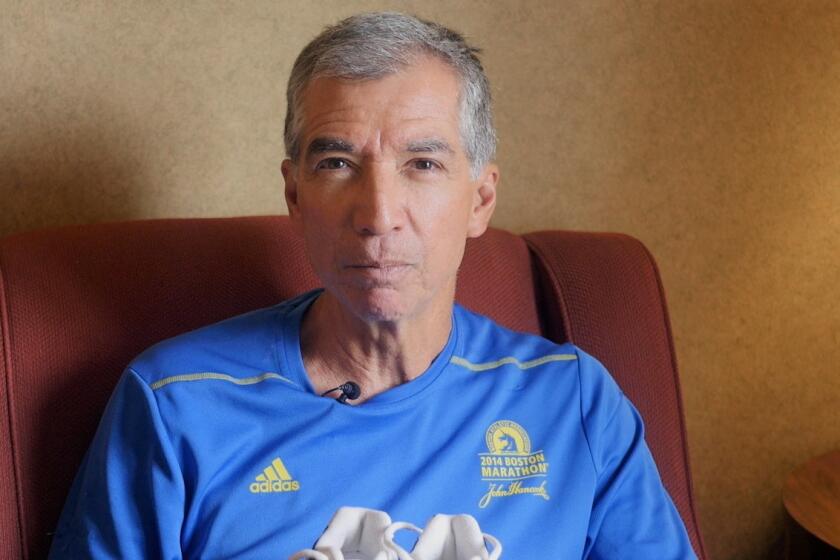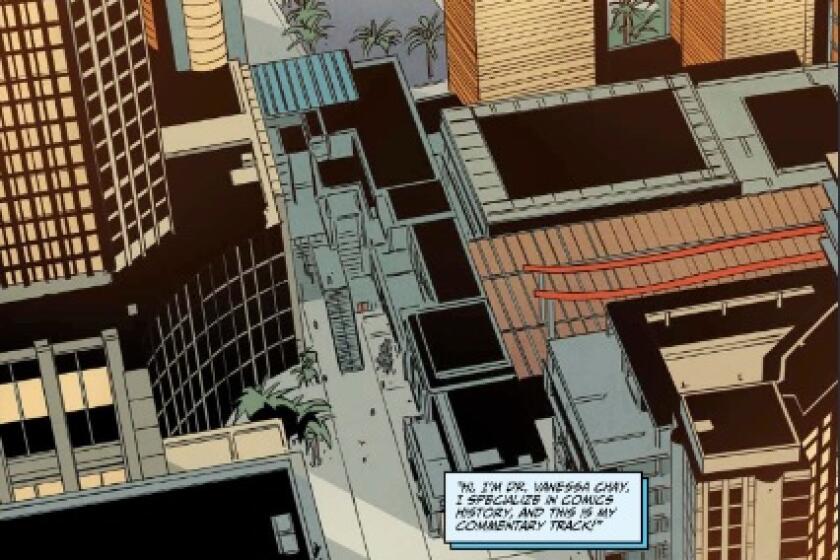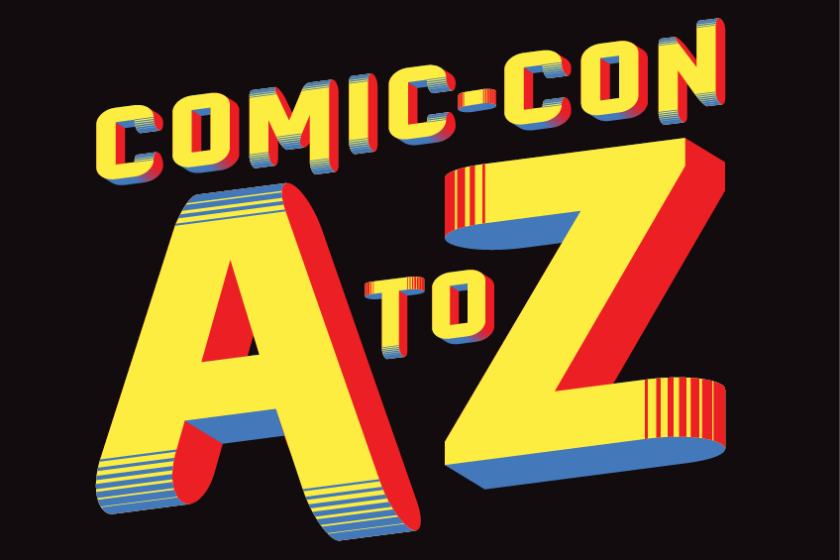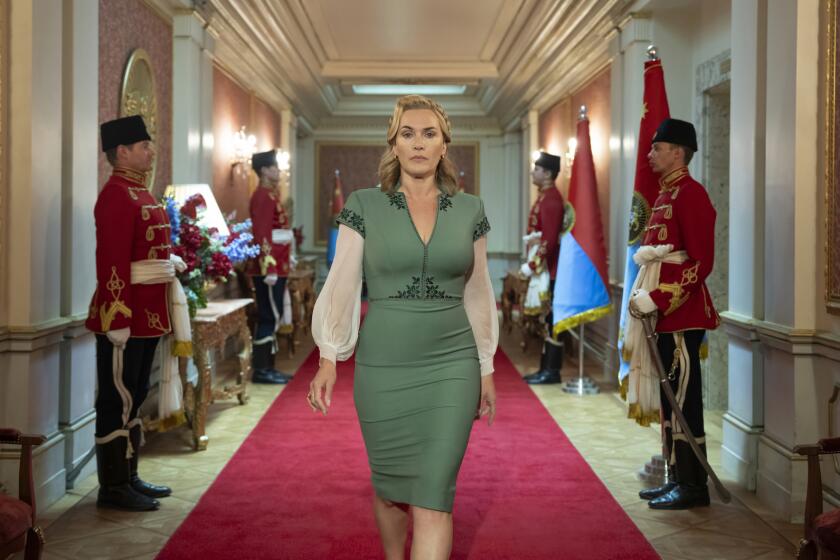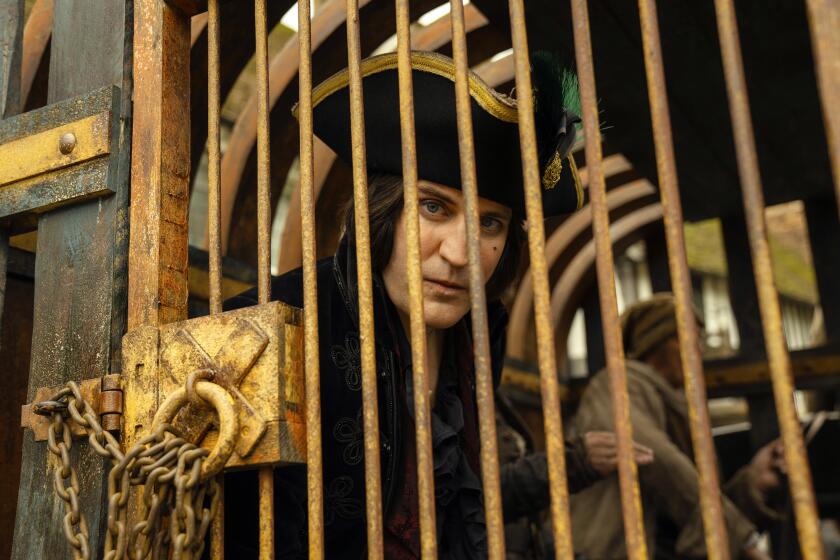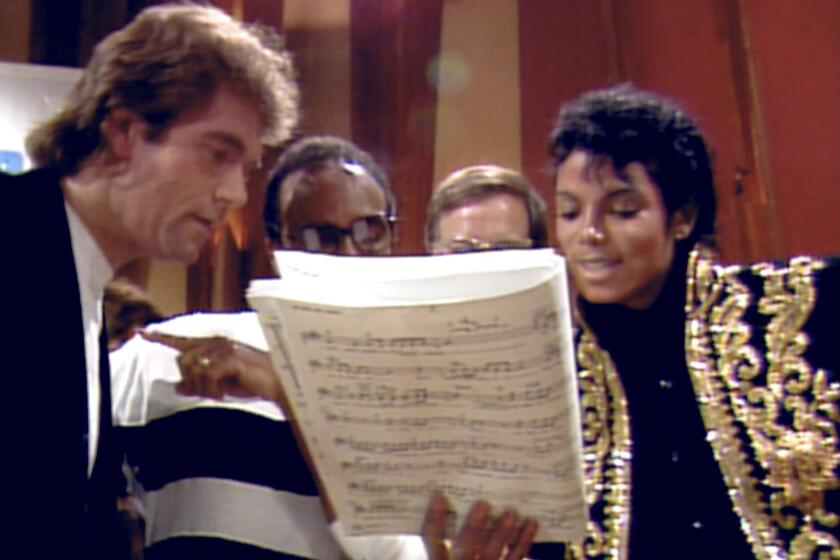“YMCA” writer wins court battle
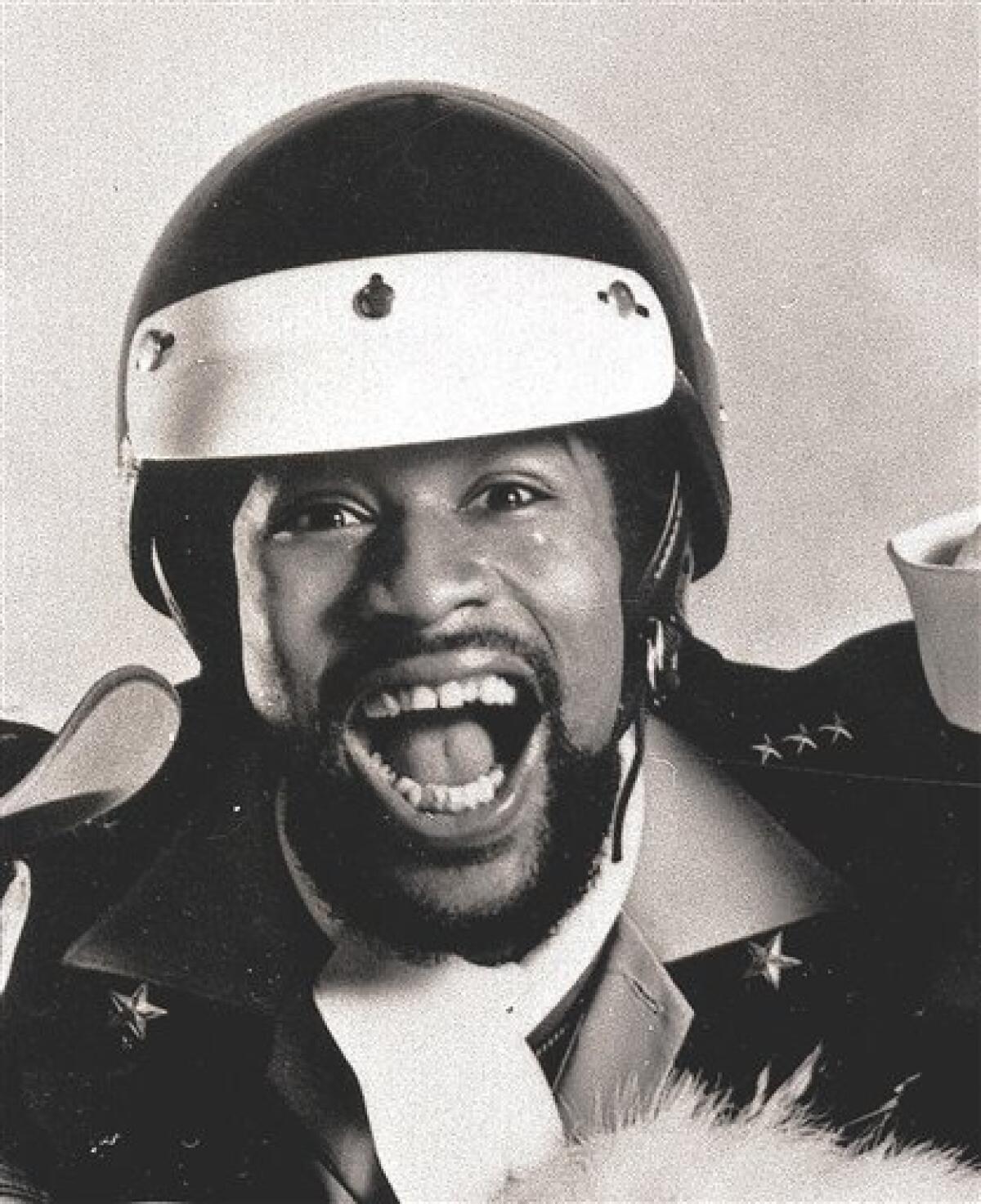
Victory song: Village People’s former lead vocalist has reason to sing this week.
Victor Willis, who dressed as a cop and a naval officer in the ‘70s disco group, was awarded more than a half-million dollars in attorney fees by a federal court here.
On Tuesday, U.S. District Court Judge Barry Ted Moskowitz granted Willis $527,236 to cover his attorney’s fees and $3,034 in costs incurred during copyright battles over 33 of the songs Willis co-wrote, including Village People’s megahit, “YMCA.”
The San Diego songwriter, 64, says the award sends a loud message to record producers “attempting to stop artists like myself” from asserting their rights to let them know “there are going to be repercussions.”
Willis had filed largely successful complaints against two music publishing companies and music producer Henri Belolo.
“I had to put out a lot of money to fight him,” says Willis, who was reached at home. “He made motion, after motion, after motion. Most artists don’t have the money to keep going.”
Willis, who wrote or co-wrote the lyrics to many Village People hits, including “Macho Man” and “In the Navy,” left the group in the early ’80s and put his singing career largely on hold.
He first sued in 2011 to terminate agreements he made between 1977 and 1979 to transfer his copyrights on 33 songs to the producers.
A year later, he sued to increase his copyright share from one-third to 50 percent on 24 of those songs. The jury found enough evidence to grant his request on 13 titles, including “YMCA,” ruling that Belolo was not a joint lyrics author, as contended. The melodies were written by a third party.
Willis is back on track and released a solo album last month that he originally recorded in 1979. Now he has Grammy hopes and is prepping for a world tour next spring.
Judge Moskowitz noted that the fee award was justified to “encourage authors like Willis to assert their rights to regain their copyright interests and to deter production companies… from attempting to interfere with those rights.”
It was, as Willis noted, a victory for artists throughout the United States.
Get U-T Arts & Culture on Thursdays
A San Diego insider’s look at what talented artists are bringing to the stage, screen, galleries and more.
You may occasionally receive promotional content from the San Diego Union-Tribune.



